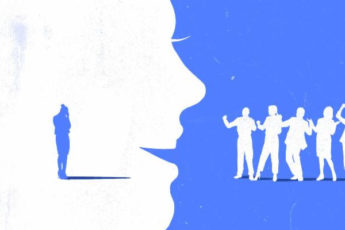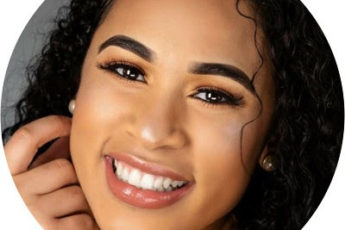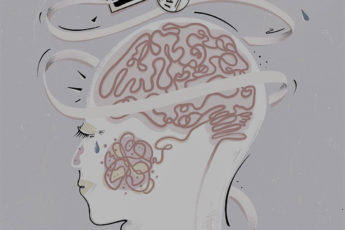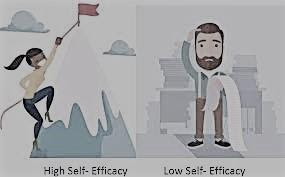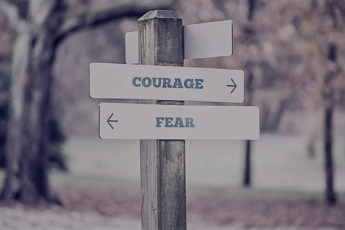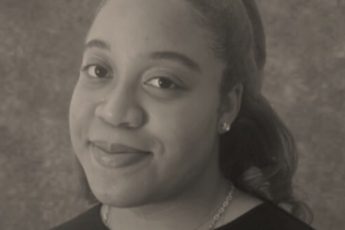 “Birds of a feather flock together” is more than a proverb. Research shows individuals tend to befriend others who are similar to them. However, to succeed in a diverse world, developing and building relationships with people who are different from ourselves is a competency that can also enrich lives. At FirstGen Ahead there are opportunities for students and coaches to do this together. While there are often differences in demographics (age, race, ethnicity, and socio-economic status) there are similarities in professional interests.
“Birds of a feather flock together” is more than a proverb. Research shows individuals tend to befriend others who are similar to them. However, to succeed in a diverse world, developing and building relationships with people who are different from ourselves is a competency that can also enrich lives. At FirstGen Ahead there are opportunities for students and coaches to do this together. While there are often differences in demographics (age, race, ethnicity, and socio-economic status) there are similarities in professional interests.
Shanicka Burdine, a FirstGen Ahead coach, recently shared advice for students who are working with coaches and/or intentionally seeking professional relationships with people who are different from them. Shanicka applies this advice in her professional work with college students:
- People are people. Never be afraid to talk with anyone. “I never go into a room and think I’m less than anyone else. I recognize I don’t know it all but that I can learn from everyone,” says Shanicka.
- Be aware of your mindset. Are you open to relationships? Are you prejudging? Are you giving people grace? Shanicka says, “One bad experience shouldn’t make you judge a whole group of people.”
- Be authentic and genuine. There is more that can be gained than lost by being yourself. “It may feel like you’re taking a risk by being vulnerable, but that is how meaningful relationships grow,” observes Shanicka.
- Listen for interests and understand what is important to others in order to create opportunities to further develop relationships.
- Maintain relationships by checking on people (don’t just reach out when you need something), providing updates, and remembering birthdays, holidays, and small things, too.
Shanicka also has advice for coaches, realizing they bring their best intentions and most likely have had more opportunities to develop relationships with people who are different from them.
- Understand where students are at – How do they see things? Be mindful of your own implicit biases.
- Students who have experienced trauma are in survival mode. Be cognizant of this and make sure they are being seen and heard, and provide them with constructive feedback.
Provide affirmation that students belong in whatever places and spaces they desire to go. - With Shanicka’s insightful guidance, we can all grow beyond our comfort zones and, in the process, develop meaningful relationships.



